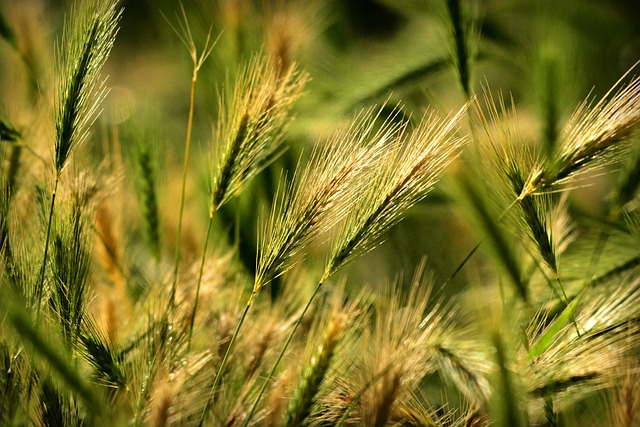As of 2023, THCA (Tetrahydrocannabinolic Acid), a non-psychoactive cannabinoid found in the cannabis plant, is drawing attention for its potential therapeutic benefits such as pain relief and anti-inflammatory properties, with its legal status varying across the United States. In Nebraska, while federal law has decriminalized hemp-derived CBD, possessing THCA flower remains illegal under state law. The medical community is increasingly investigating THCA's health effects, including its reported benefits and wellness applications. For those in Nebraska interested in THCA's advantages, it's important to navigate the state's legal framework and stay informed on local regulations. The emergence of THCA flowers has also sparked interest among Nebraska's farmers who are cultivating this crop within the state's optimal climate. As the legality of THCA flowers varies from state to state, users in Nebraska should approach THCA legal in Nebraska with caution and consult healthcare professionals regarding its use as part of a wellness routine. The evolving legal landscape underscores the importance of monitoring both federal and state legislation to ensure responsible and legal consumption of this non-psychoactive cannabinoid.
Explore the intricacies of THCA flower, a non-psychoactive cannabinoid that’s capturing attention across the globe. This article dissects its burgeoning popularity, legal status in states like Nebraska, and the meticulous cultivation practices that yield this unique plant. Delve into the effects, benefits, and responsible consumption to understand why THCA is a game-changer in the cannabis space. We’ll also forecast future trends and innovations that will shape its role in health and wellness, highlighting Nebraska’s pivotal position in this evolving landscape.
- Understanding THCA Flower: A Comprehensive Overview
- The Rise of THCA Flowers: A New Frontier in Cannabis Consumption
- Legal Landscape: THCA Flowers in Nebraska and Beyond
- Cultivating Excellence: How THCA Flowers are Grown in Nebraska
- Exploring the Effects and Benefits of THCA Flower Consumption
Understanding THCA Flower: A Comprehensive Overview
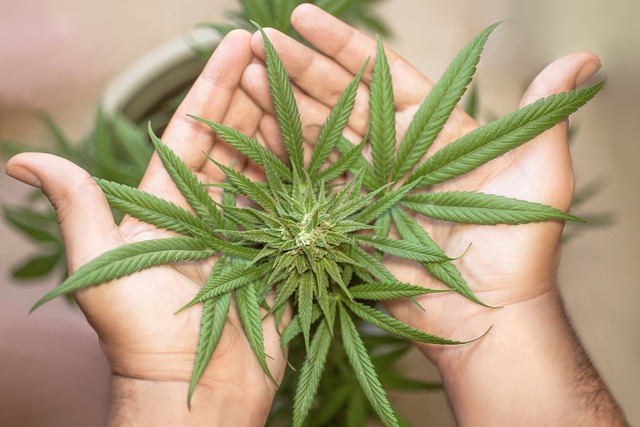
Tetrahydrocannabinolic acid (THCA) flower represents a significant component of the cannabis plant, holding both scientific curiosity and potential therapeutic benefits. THCA is the raw, non-psychoactive precursor to the more well-known compound THC (tetrahydrocannabinol), which becomes psychoactive when heated or combusted. The legal status of THCA flower varies across different regions in the United States; as of my knowledge cutoff in 2023, in Nebraska, possession of cannabis products including THCA flower remains illegal under state law, despite federal changes that have decriminalized hemp-derived CBD. This legal distinction is crucial for consumers and researchers alike, as it sets the stage for how THCA flower can be utilized within the state’s boundaries.
When exploring THCA flower, it’s essential to understand its unique properties and potential applications. THCA has been found to exhibit a range of effects that may include pain relief, anti-inflammatory benefits, and anxiety reduction without the intoxicating effects associated with THC. Its therapeutic potential is an area of growing interest for both medical professionals and patients seeking alternative treatments. The flower, rich in THCA, can be consumed in various ways, including smoking, vaporizing, or infusing it into edibles; however, due to its legal status in Nebraska, such use must comply with the state’s regulations. Advancements in cannabinoid research continue to shed light on the potential of THCA, making it a subject of intense study and, for some, a valuable addition to their wellness regimen within the confines of the law.
The Rise of THCA Flowers: A New Frontier in Cannabis Consumption
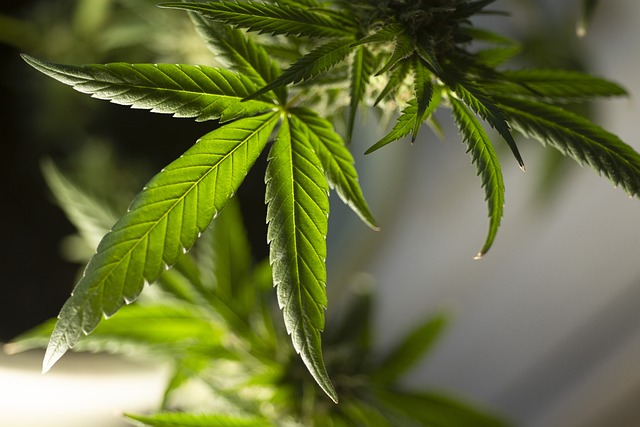
THCA (Tetrahydrocannabinolic Acid) flowers represent a burgeoning trend within the cannabis landscape, offering a novel approach to consumption that has garnered attention across various regions, including Nebraska where its legal status has sparked interest among consumers and industry watchers alike. Unlike its psychoactive counterpart THC (Tetrahydrocannabinol), THCA exists in its raw form before the heat of decarboxylation activates its psychoactive properties. This unique characteristic makes THCA flowers particularly appealing for those seeking the potential wellness effects associated with cannabis without the immediate intoxicating effects. In Nebraska, where the legal framework has become more accommodating to hemp-derived products, THCA flowers are being explored both for their potential therapeutic benefits and as a new category of cannabinoid-rich botanicals. Consumers in Nebraska are increasingly curious about how these flowers can fit into their wellness routines, with many turning to THCA for its reported anti-inflammatory, neuroprotective, and analgesic properties. The rise of THCA flowers is indicative of a broader shift towards more nuanced and diverse cannabinoid products, reflecting a market that is maturing and diversifying beyond traditional THC and CBD offerings. As such, the conversation around THCA legal status and its utilization in products like THCA flowers is becoming an integral part of the evolving cannabis discourse.
Legal Landscape: THCA Flowers in Nebraska and Beyond
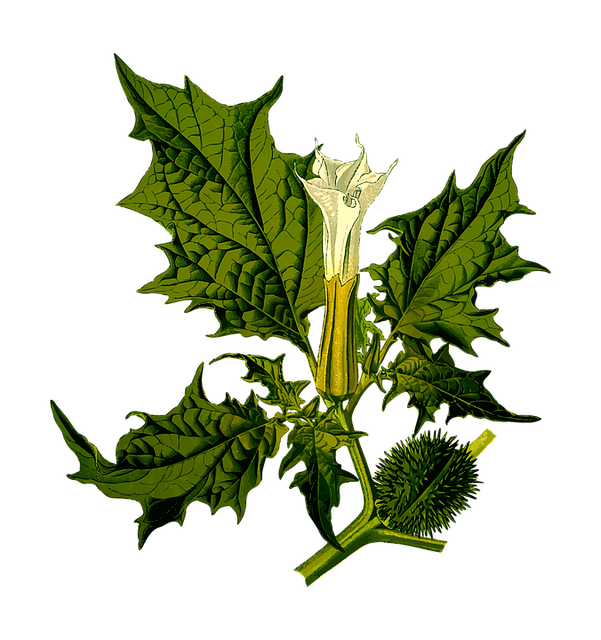
In recent years, the legal landscape concerning cannabinoids has evolved significantly across various jurisdictions in the United States. THCA (Tetrahydrocannabinolic Acid), a non-psychoactive precursor to THC (Delta-9-Tetrahydrocannabinol), has garnered attention for its potential wellness benefits and is found in raw cannabis flowers. As of the knowledge cutoff date, in Nebraska, the legal status of THCA flowers is complex, reflecting broader federal and state regulations on cannabis and its derivatives. While the Farm Bill of 2018 legalized hemp-derived products, including CBD and certain other cannabinoids, the Nebraska state government has not explicitly legalized THCA flowers for sale or consumption within its borders. This lack of explicit legalization means that while there is a gray area, possessing, selling, or using THCA flowers can be legally contentious in Nebraska. It’s important for consumers and businesses to stay informed about the evolving regulations, as law enforcement interpretations and actions may vary.
Beyond Nebraska’s borders, the legal landscape for THCA flowers is more varied. In some states, they are fully legal and regulated, while in others, they exist in a legal gray zone similar to Nebraska. The patchwork of state laws, coupled with federal policies, creates a complex environment that can be challenging to navigate. As such, individuals interested in the therapeutic potential of THCA flowers must carefully consider the legal implications in their specific state or locality before engaging with these products. The evolving nature of cannabis legislation underscores the need for vigilant monitoring of both federal and state laws to ensure compliance and safety within this emerging market.
Cultivating Excellence: How THCA Flowers are Grown in Nebraska
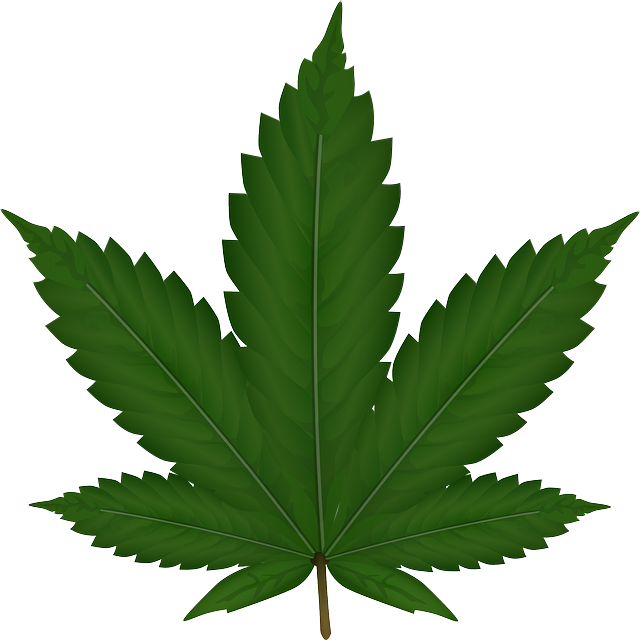
In recent years, the cultivation of THCA flowers has gained significant attention within the agricultural and medicinal communities in Nebraska. The state’s favorable climate conditions provide an ideal environment for the careful cultivation of these non-psychoactive cannabinoid-rich plants. Under Nebraska’s regulatory framework, where THCA is legal, farmers have embraced this emerging crop, adopting sustainable and precise farming practices to ensure the highest quality yield. The growing process is meticulously monitored from seed to harvest, with a focus on optimizing conditions for THCA development. This includes selecting robust strains suited to the state’s terrain and microclimates, managing soil health, and controlling environmental factors such as light, temperature, and humidity to preserve the integrity of the THCA compound. The resulting flowers are then processed for various uses, including wellness products and research purposes, reflecting Nebraska’s commitment to cultivating excellence in this niche sector of agriculture.
The legal landscape in Nebraska regarding THCA has paved the way for researchers and producers to delve into the potential benefits of these compounds. With a clear regulatory framework guiding their operations, entities involved in the cultivation of THCA flowers are able to focus on innovation and sustainability. This has led to the development of specialized greenhouses and state-of-the-art growing facilities that cater specifically to the needs of THCA cultivars. The dedication to maintaining legal compliance not only ensures a safe environment for the crops but also positions Nebraska as a leading region in the production of high-quality THCA flowers, contributing to the broader conversation on the role of cannabinoids in health and wellness.
Exploring the Effects and Benefits of THCA Flower Consumption
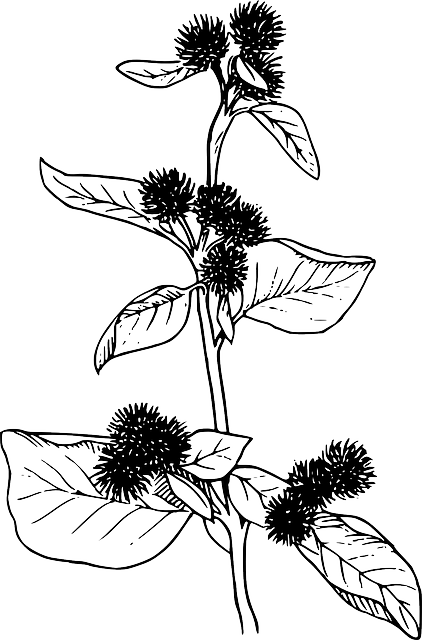
THCA, or Tetrahydrocannabinolic Acid, is the raw form of THC, the primary psychoactive component found in cannabis. As research continues to unfold, enthusiasts and scientists are examining the effects and potential benefits of consuming THCA flower, particularly in regions where such consumption is legal, like Nebraska under certain laws. Unlike its decarboxylated form THC, THCA is non-psychoactive, which allows for a different experiential outcome. Preliminary studies suggest that THCA may offer therapeutic properties, including anti-inflammatory and neuroprotective effects. Users report a range of sensations from the THCA flower, often described as uplifting and energizing without the intoxicating high associated with THC.
The consumption of THCA flower is subject to legal restrictions, and it’s imperative to understand the regulations in your jurisdiction before use. In Nebraska, the state has legalized the medicinal use of cannabis, including products containing THCA, for qualified patients. The benefits of THCA are under investigation for conditions ranging from chronic pain to neurodegenerative diseases. Users interested in exploring the potential wellness effects of THCA flower should do so responsibly and within the confines of the law. As with any substance, individual experiences can vary greatly, and it’s advisable to consult with healthcare professionals when considering THCA flower as part of a health regimen.
THCA flower, a non-psychoactive form of cannabis, has emerged as a significant topic within the broader conversation on cannabis consumption. As the legal landscape evolves, particularly in states like Nebraska where THCA flower’s status is under scrutiny and subject to change, understanding its properties becomes increasingly important. This article has delved into various facets of THCA flowers, from their cultivation in Nebraska’s fertile grounds to the potential effects and benefits they offer. As the interest in THCA legal matters continues to grow, so too does the appreciation for this natural compound and its promising applications. For those intrigued by the therapeutic properties of cannabis without the psychoactive impact, THCA flower represents a forward-looking option that warrants further research and exploration within the legal boundaries set by states like Nebraska.
